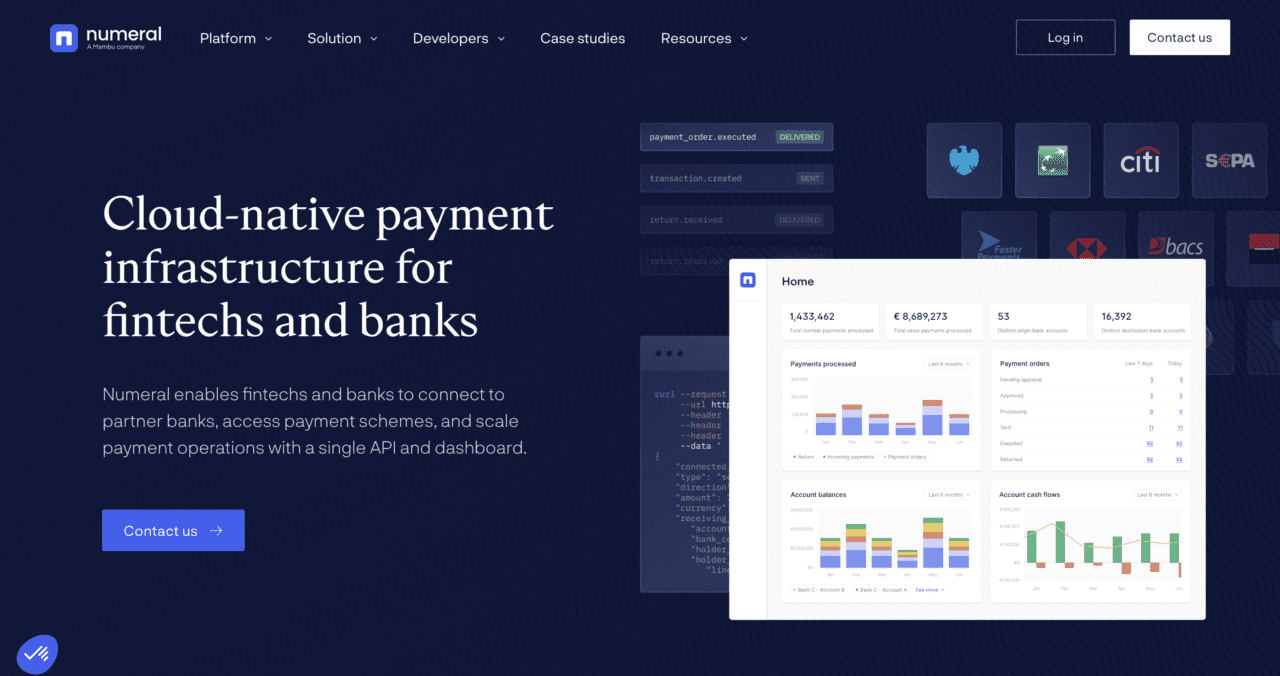
- Financial compliance software company Fenergo has teamed up with PwC.
- The partnership is designed to bring AI-powered CLM and KYC solutions to more financial institutions around the world.
- Fenergo made its Finovate debut at FinovateEurope 2012. PwC won Best of Show in its Finovate debut at FinovateFall 2021.
Fenergo and PwC have announced a new partnership that will help put Fenergo’s AI-powered Client Lifecycle Management (CLM) and Know Your Customer (KYC) solutions in the hands of more financial institutions. The combination of PwC’s financial crime expertise with Fenergo’s AI-powered CLM technology into a single offering will make it easier for financial institutions to digitally transform their financial crime operations.
Fenergo’s Global VP for Partnerships and Alliances Matt Edwards said that the collaboration between the two firms will “deliver an optimum target operating model for CLM.” Edwards added that the solution “empowers financial institutions to efficiently mitigate financial crime risk while driving growth and efficiency gains.”
Fenergo’s CLM helps ensure that financial services firms realize tangible benefits and return on investment from the digital transformation of their client management and compliance processes. The platform provides faster client onboarding, including streamlined onboarding for low-to-medium risk clients; improved operational efficiencies with fewer touchpoints; policy-driven accurate risk assessments aligned with regulatory requirements; and a reduced total cost of ownership thanks to advanced API integrations.
Complementing Fenergo’s CLM technology are PwC’s Target Operating Model design, end-to-end customer experience journey mapping, operational readiness, data migration, systems integration, and business change management.
PwC Partner Mark Hunter highlighted Fenergo’s technology as “uniquely positioned to serve mid-market to large multinational organizations.” Hunter praised the company’s platform for its “scale, flexibility, and advanced capabilities” that help institutions better manage complex regulatory environments and large volumes of transactions.
A UK-based multinational assurance, advisory, and tax services provider, PwC counts more than 85% of the Global Fortune 500 companies as its clients. PwC maintains offices in 152 countries and reported gross revenues of more than $55 billion for the year ending 30 June 2024. The company participated in Finovate’s developer conference, FinDEVr SiliconValley 2016, and won Best of Show at FinovateFall 2021 for a demonstration of Customer Link, its customer data platform that helps institutions build better, more personalized experiences.
Dublin, Ireland-based Fenergo made its Finovate debut at FinovateEurope 2012. The company offers simplified client and product onboarding, automated AML and KYC due diligence, and a centralized CLM platform that helps financial institutions, asset management, and fintechs manage customers throughout the entire client lifecycle.
Fenergo’s partnership news with PwC comes a few days after the company announced the launch of its all-in-one KYC, onboarding, and trade request management platform for businesses in the energy and commodities sector. The new Trader Request Portal combines KYC, onboarding, and trade request management capabilities.











